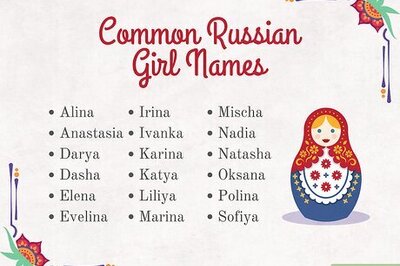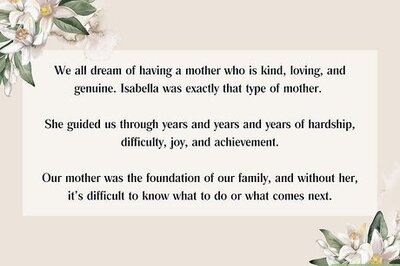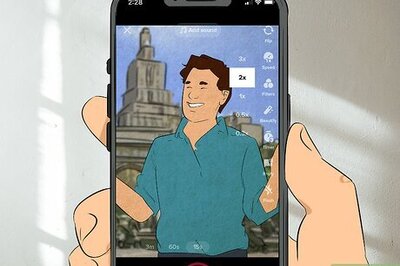
views
Tokyo: The rapid rise of e-books could lead to a "reading divide" as those unable to afford the new technology are left behind, even as US reading and writing skills decline still further.
At particular threat are African-American communities where many students are already falling behind their majority peers in terms of literacy, said award-winning writer Marita Golden -- and this despite the growing ranks of noted African-American writers, such as Nobel Prize winner Toni Morrison.
"My biggest concern is that the technology will continue to widen the gap," she told Reuters. "It won't just be the digital divide but also a reading divide if reading becomes an activity that's now dependent on technology.
"If reading becomes dependent on technology that must be purchased, then I think we may see the literacy divide persist and even widen."
Years of discussion on the future of books amid the sweeping technological changes, along with a desire to make sure black writers were included in that discussion, prompted Golden to pull together her recent book, "The Word," in which African-American writers talk about how reading shaped their lives for the better.
Edward P. Jones, who won a Pulitzer Prize for his novel "The Known World," said he felt that "reading and writing are the foundations for becoming a better person and having a better life." Others said how reading about lives like their own helped validate their experiences and give them confidence.
In this sense technology, such as e-readers, can be both a blessing and a curse in terms of literacy, Golden said, with some readers who might have been intimidated by the number of pages in a traditional book eagerly reading on an e-reader.
In addition, with the US African-American community owning more mobile phones and BlackBerries than the white community, potential exists to tap into a broad market, she added.
"But the problem is that you can either download games or download books, and we don't know what people are going to download," she said.
Despite undergoing some struggles with the idea of the new technology, Golden said that the need to emphasize the basics remains more important than ever.
"On the one hand, you have all these great writers - there's been just a flowering, explosion of African-American writers over the last 20-30 years - side-by-side with an increasing dropout rate among black students, and a sense that more and more black students are being left behind," she said.
"And I think that for those of us who are passionate about reading and writing in the face of the technological changes and this nagging, persistent problem, we have to really advocate for just the basic importance of reading and writing -- whether you're reading on a Kindle, or whatever."




















Comments
0 comment